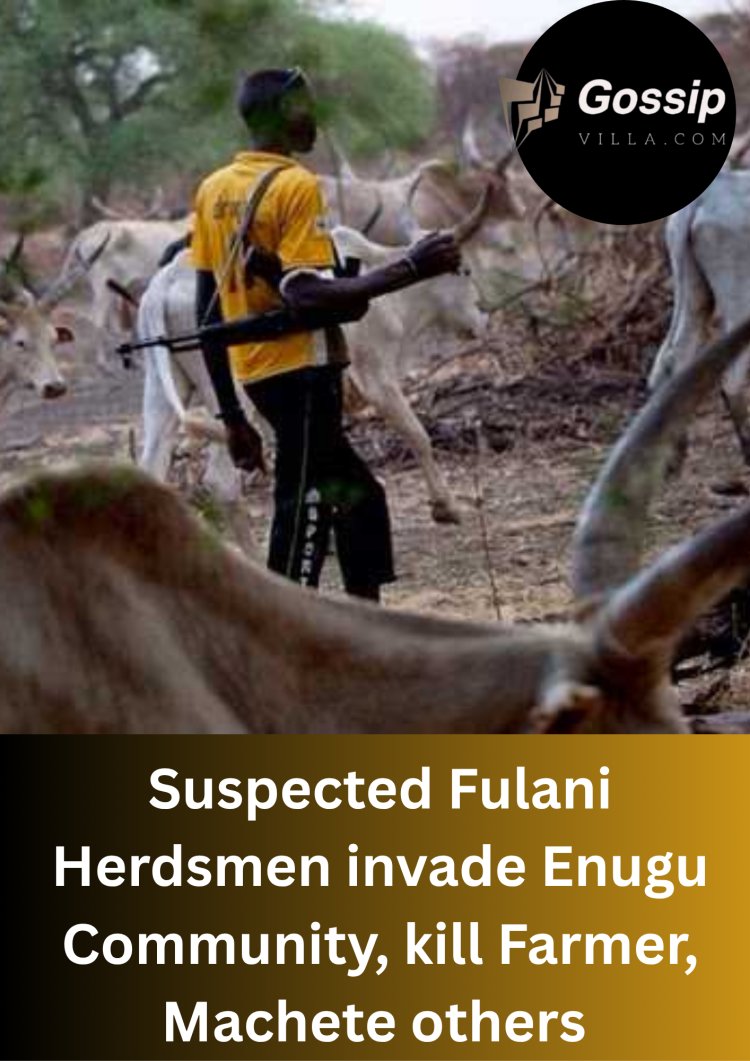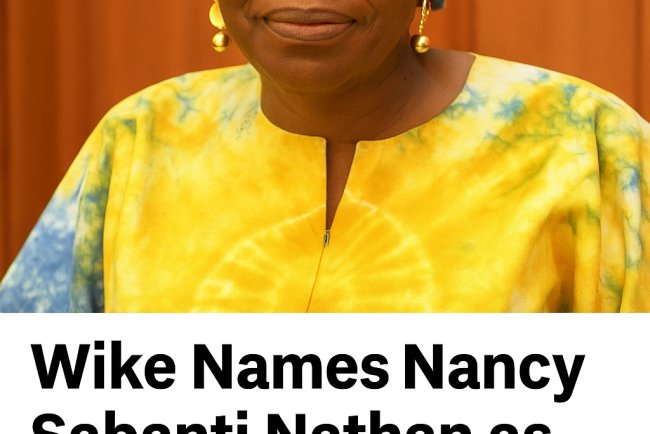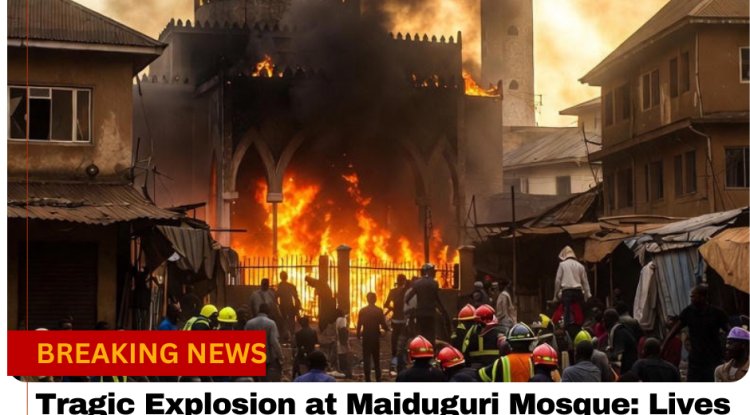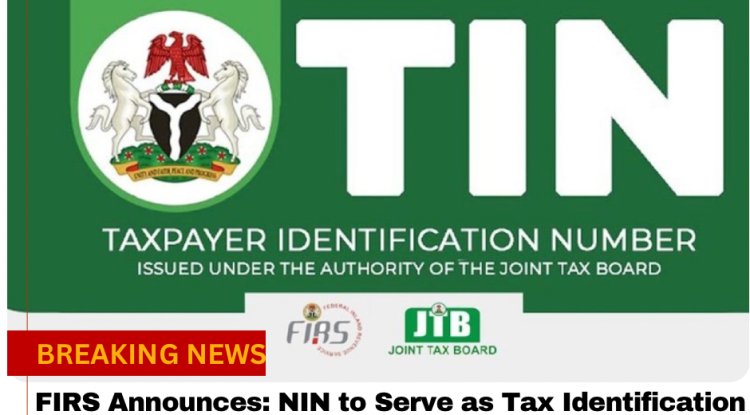Suspected Fulani Herdsmen Invade Enugu Community, Kill Farmer, Machete Others
Suspected Fulani Herdsmen Invade Enugu Community, Kill Farmer, Machete Others

Suspected Fulani Herdsmen Invade Enugu Community, Kill Farmer, Machete Others
In a chilling escalation of farmer-herder conflicts, suspected Fulani herdsmen have struck terror in Nigeria's Enugu State, leaving a trail of blood and fear in their wake. This latest violence underscores the persistent insecurity plaguing rural communities, where livelihoods hang by a thread amid unchecked aggression. As reports emerge, the incident serves as a stark reminder of the urgent need for decisive action to protect vulnerable populations.
When Did It Happen
The brutal attack unfolded earlier on Friday, October 3, 2025, in the Onoli community of Awgu Local Government Area, Enugu State. The primary victim, a 30-year-old farmer named Ogbaki, was rushed to the University of Nigeria Teaching Hospital (UNTH) in Enugu but succumbed to his injuries around 2 a.m. on Saturday, October 4. This timing aligns with a pattern of daylight assaults on farmlands, catching residents off-guard during routine activities. The incident was reported widely on October 5, amplifying calls for immediate intervention.
How Did It Happen
Armed with machetes, the suspected herdsmen stormed local farmlands along the Enugu-Port Harcourt Highway, near the volatile boundary between Enugu and Abia states. The attackers targeted residents engaged in agricultural work, slashing indiscriminately to instill fear and displace locals. Ogbaki was specifically stabbed in the chest while inspecting his crops after a visit to his sand mining site. Several other farmers were macheted in the chaos, with many fleeing into nearby bushes and remaining unaccounted for. This raid follows months of escalating threats, where herders have forced villagers to abandon vast tracts of arable land, including the complete displacement of the nearby Obuovia village in Ugwuleshi Awgu autonomous community. The method—blunt, close-quarters violence—highlights the attackers' intent not just to harm but to dominate and control territory.
Eyewitness Report
Sampson Okolie, a family member of the deceased, provided a harrowing firsthand account that paints a vivid picture of the horror. "It is true Fulani herdsmen killed our brother," Okolie told reporters, his voice heavy with grief. He detailed how Ogbaki, a young man in his prime, had ventured to his farm on the right side of the Enugu-Port Harcourt Highway. "The place is near the boundary between Enugu and Abia states," he explained, recounting the sudden ambush that left his relative bleeding out from a deep chest wound. Okolie's testimony also revealed broader intimidation tactics: another local, Azuefe, was recently detained for three months on false accusations of "disturbing" herders, enduring alleged torture and links to separatist groups during his ordeal. Only a handful of brave farmers, like Ogbaki, had dared return post-release, underscoring the pervasive climate of dread.
Community Opinion/Cry of Help
The Onoli community is reeling, with leaders and residents voicing desperate pleas for salvation. "Our farmers can no longer farm; our families cannot sleep in peace," lamented one activist on social media, framing the assault as part of a "systematic campaign of terror" to erase indigenous presence from ancestral lands. Calls have flooded out to the Enugu State Government, federal security agencies, and international bodies like the U.S. State Department and EU Commission, urging swift protection. "Come to our aid before it's too late," they implore, highlighting how government inaction has emboldened attackers while locals bear the brunt. Humanitarian groups are also entreated to step in, as the violence threatens not just lives but the food security of an entire agrarian belt.
In Conclusion
This machete-wielding invasion in Enugu is more than an isolated tragedy—it's a symptom of Nigeria's deepening ethnic fault lines, where herder incursions erode the fabric of rural life. With one confirmed death, multiple injuries, and disappearances, the toll demands accountability. Without robust security measures, community vigilance, and policy reforms to address root causes like land disputes, such horrors will persist. Enugu's farmers deserve more than condolences; they need shields against the shadows encroaching on their soil. As the nation watches, the cry from Onoli echoes: justice delayed is justice denied.
News Source ; SaharaReporters, Nairaland
What's Your Reaction?




















